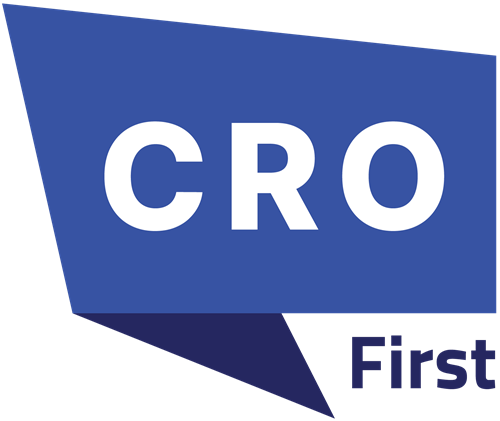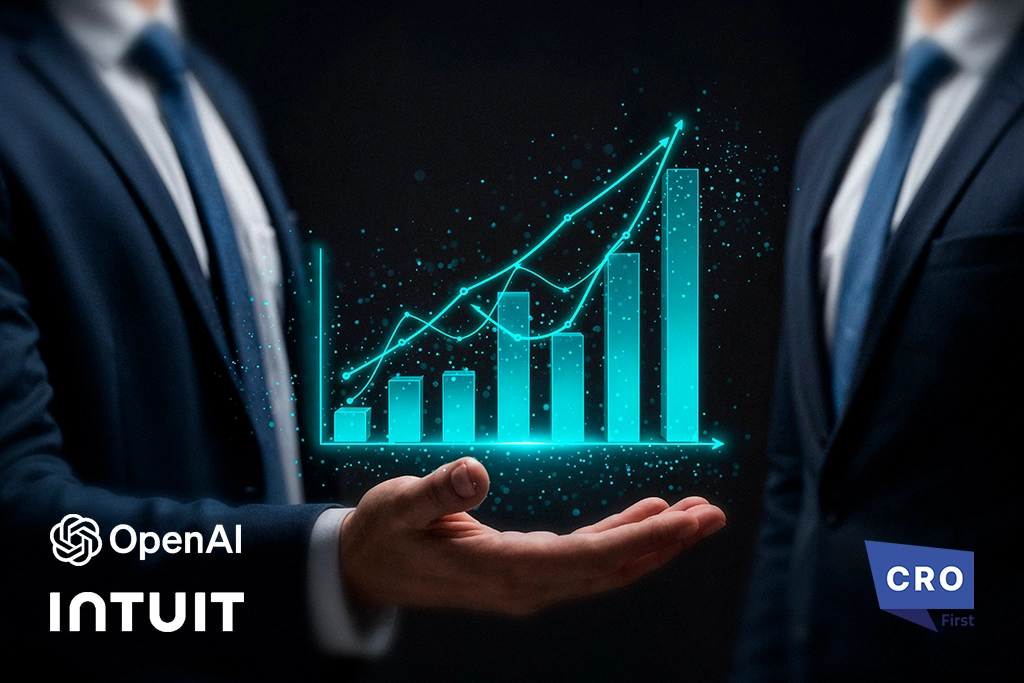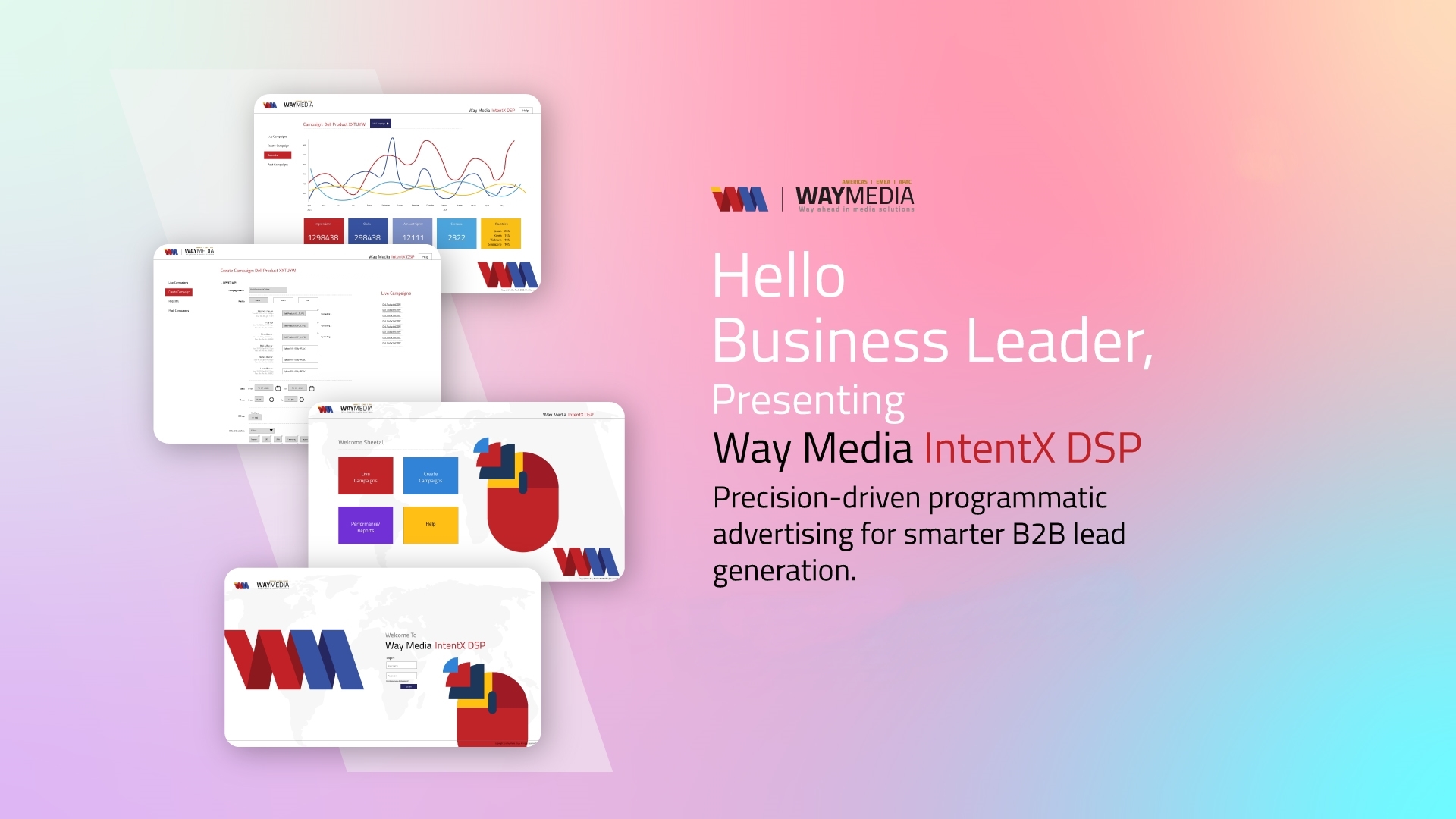Intuit, the fintech company behind TurboTax, QuickBooks, Credit Karma, and Mailchimp, has formed a multi-year partnership with OpenAI. This deal will integrate Intuit’s financial tools into ChatGPT. The goal is to create a new era of financial intelligence. Users can gain insights and take financial actions, all within the ChatGPT interface.
What the Partnership Means: Intelligent Finance Meets Conversational AI
Through this alliance, Intuit-powered apps will be accessible inside ChatGPT, letting users ask personalized financial questions and act on them directly. For instance:
Consumers could use ChatGPT to estimate tax refunds, explore credit card or mortgage options, or schedule virtual consultations with AI-powered tax experts, all informed by their financial data (with permission).
Small businesses can drive revenue and profitability using real-time insights: they’ll be able to create marketing campaigns, send invoice reminders, manage cash flow, and explore tailored loan options, while Intuit’s systems handle the accounting behind the scenes.
This integration isn’t just surface-level: Intuit will deepen its use of OpenAI’s most advanced models within its own AI operating system, known as GenOS, to power next-gen AI agents capable of forecasting cash flow, managing payroll, or even preparing taxes, all via natural language.
Revenue Implications: A Step Change for Business Growth
New Revenue Channels Through ChatGPT
By embedding Intuit’s financial tools inside ChatGPT, the company taps into a vast new audience. Millions of ChatGPT users who previously relied on web searches or separate software will now have seamless, one-click access to Intuit’s offerings, potentially driving user acquisition and increasing engagement across Intuit’s product suite.
Deeper Monetization of User Data and AI
The partnership builds on Intuit’s strength in data, its proprietary financial data and credit models, combined with OpenAI’s frontier AI models. This fusion enables advanced, personalized financial recommendations that are more actionable, increasing the chance that users will adopt premium products or take financial actions (e.g., loans, credit cards).
Accelerated AI Innovation
Intuit’s multi-year deal with OpenAI is reportedly worth over US$100 million, underlining its commitment to scale AI across its business.
By leveraging OpenAI’s models inside its GenOS framework, Intuit is positioning itself to deliver more sophisticated, autonomous AI agents effectively turning AI itself into a revenue engine.
Improved Customer Lifetime Value
By offering more intelligent, proactive financial guidance (v,ia ChatGPT), Intuit strengthens its bond with users. Better guidance can improve customer satisfaction, reduce churn, and promote cross‑sell of Intuit products like QuickBooks, TurboTax, and Credit Karma, all of which contribute to long-term revenue growth.
Also Read: Accenture Invests in Alembic to Reinvent Marketing Measurement with Causal AI
What are the Broader Effects on the Revenue & Fintech Industry
AI-Driven Distributed Finance: This shift shows a bigger trend: finance platforms are now connected. With app integration in ChatGPT, financial services blend into conversational AI. This makes finance easier, more intuitive, and instantly available.
Platform Convergence: For the revenue and fintech industry, this partnership is emblematic of convergence. Intuit doesn’t just provide financial tools, it becomes an AI-native advisor. Meanwhile, OpenAI expands from chat to real-world financial transaction platforms.
Increased Competitive Pressure: Other fintech and accounting companies may face pressure to integrate with large language models or form similar partnerships. To stay competitive, rivals will likely need to offer their own AI-guided financial experiences.
Trust, Governance & Risk: With great power comes greater responsibility. AI-driven financial decisions bring regulatory and trust issues. Intuit is committed to responsible AI governance, strong data security, and user privacy.
Risks & Considerations for Businesses
Data Privacy & Consent: ChatGPT-powered Intuit apps access personal or business financial data. So, ensuring user consent and data protection is crucial.
Accuracy vs. Hallucination: AI can give wrong or misleading advice if not validated. Therefore, financial decisions based on AI require strong validation to prevent costly mistakes.
Adoption and Trust: Some users may hesitate to trust AI for financial decisions. Building trust will require transparency, audit trails, and clear communication of risk.
Infrastructure & Cost: Scaling this capability, especially for high-precision financial advice, could demand significant infrastructural investment. Ongoing costs of running frontier AI models must be managed.
Conclusion
The Intuit – OpenAI partnership is a landmark moment for the revenue and fintech industry. Intuit and ChatGPT are teaming up to change how people and businesses access financial tools. This makes it more conversational, proactive, and personalized. For Intuit, it’s a smart move to boost engagement, grow its user base, and drive long-term revenue with its AI platform. This shows a change in the industry. Finance and AI are teaming up. Together, they create smarter and easier financial experiences.



